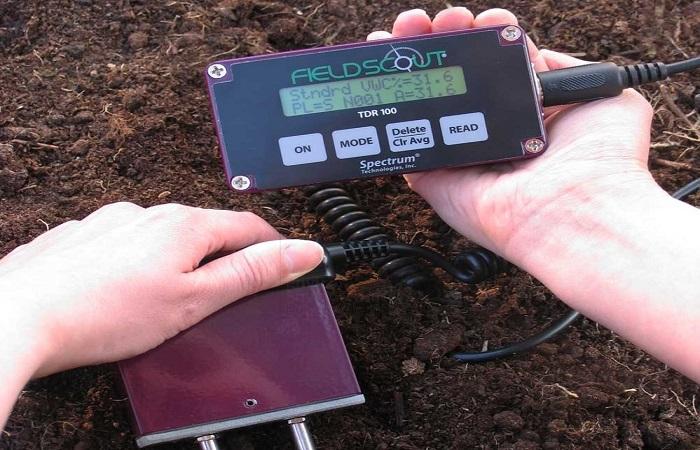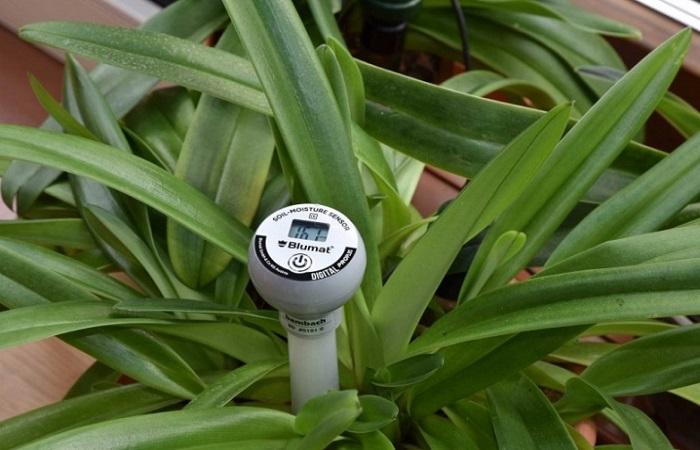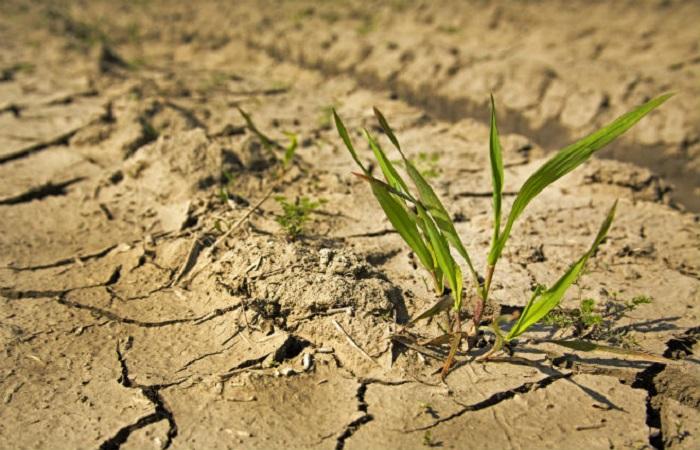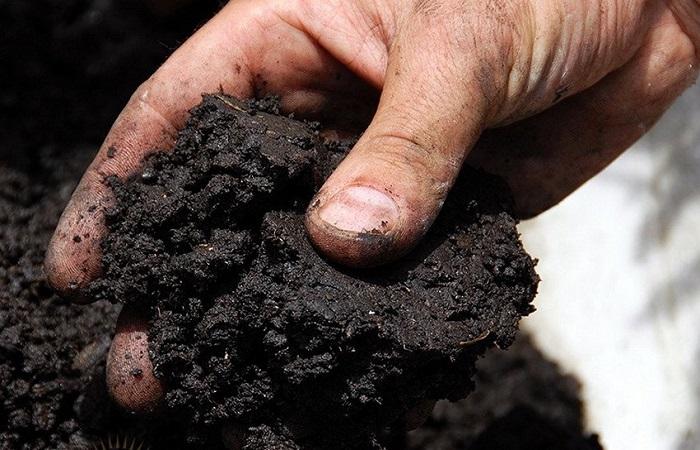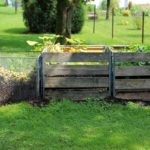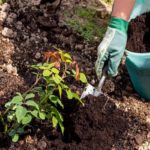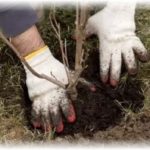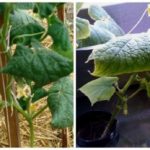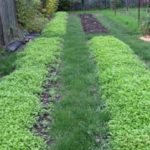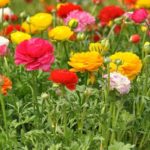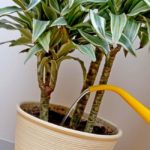The yield rate is influenced by several factors. Humidity and soil structure must be taken into account when planting plants in the garden or beds, since soil that is too dry is not suitable for growing moisture-loving plants, and installing an automated watering system is expensive. Or, on the contrary, tuber and bulbous plant crops are not planted in wetlands.
What is soil moisture
The growth and development of plants and productivity are influenced by the ratio of water and air in the soil.Humidity determines the water content in the soil, expressed in mm of water column.
The property of excess moisture is typical for swampy soils or low-lying areas, where there is stagnation of moisture in cases of prolonged rains and spring melting of snow. Droughts are caused by prolonged lack of rain and prolonged heat.
Main factors influencing it
Before planting a garden or planning the placement of beds on your property, you need to check the soil moisture. It is recommended to take into account a number of factors that can change this characteristic:
- the average amount of precipitation falling in a particular area. The lack of moisture can be solved by installing a drip irrigation system. If there is a problem of water stagnation, you can artificially raise the beds or plant moisture-loving plant crops;
- groundwater level. In swampy areas or lowlands, the water layer may be several centimeters deep. Trees (fruit and ornamental) are not planted in such areas. When arranging vegetable beds, be sure to lay a drainage layer;
- moisture capacity depends on the structure. On sandy soil, rainwater does not linger and quickly seeps deep. Loose soil rich in organic matter retains moisture well.
You also need to take into account the terrain. Various plants can be grown on slopes. Drought-resistant crops are planted at the top. At the foot of the slopes there are beds with moisture-loving vegetables and flowers.
Humidity table for different plants
According to experienced gardeners and gardeners, the soil should not be allowed to dry out until the crops completely wither.When growing crops, it is necessary to take into account the wilting point indicator (the ratio of soil moisture to dry soil in %) at which plant growth stops. If the soil is sandy, then you need to add 10% to the parameter, and if the soil is more clayey, you need to focus on the optimal humidity, reduced by 10%.
| Ornamental plants | Vegetables | ||
| Name | optimal parameter, % | Name | optimal parameter, % |
| pine | 30-40 | potato | 20-30 |
| bamboo | 40-50 | tomatoes | 30-40 |
| iris | 30-40 | pepper | 20-30 |
| lilies | 40-50 | onion | 20-30 |
| dahlias | 40-50 | corn | 20-30 |
| chrysanthemums | 40-50 | cucumbers | 30-40 |
| fuchsia | 40-50 | cabbage | 30-40 |
| succulents | 20-30 | carrot | 20-30 |
| tulips | 30-40 | beet | 30-40 |
The danger of excess and deficiency
Excess moisture leads to difficulty in accessing air to the root system of plants. Under such conditions, normal processes in the soil (oxidative and microbiological) cease. This leads to stunted crop growth, rapid development of weeds, and the emergence and spread of fungal infections.
How to determine humidity?
The easiest way to check the soil is to examine a lump of soil from a depth of 10-20 centimeters:
- if, when you squeeze a lump of earth in your palm, drops of water appear, then the humidity is approximately 75-80%;
- if, after compression, a lump of soil retains its outline, it means that the soil is moistened by 60-70%;
- when the earth crumbles after compression, it means that the amount of water in the soil does not exceed 50-60%.
To more accurately measure the moisture level in the ground, use a special digital device.
Regulatory methods
To normalize soil moisture, two methods are used.If the area is swampy, then form high beds, add soil, and place a thick drainage layer at the base of the bed.
If regular irrigation is necessary, special trenches are dug to collect water, a water supply is organized, and a drip irrigation system is installed.
The optimal way to see soil moisture is to plant crops that are adapted to fully develop in these conditions. If you want to plant exotic plants, it is recommended to assess the condition of the soil and either drain the required areas or install irrigation systems.

